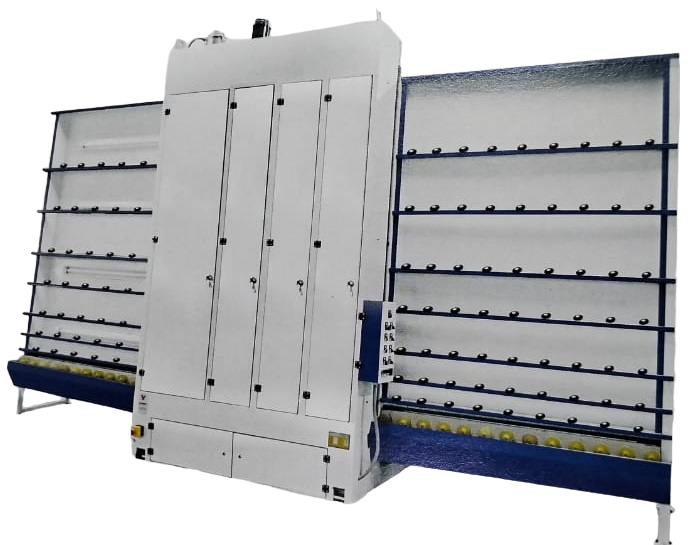Glass washing machines are specialized appliances designed to efficiently and safely clean glasses used in various applications. Here’s a breakdown of key details to consider:
Types:
- Undercounter: Compact models designed to fit beneath counters, ideal for cafes, bars, and restaurants with limited space.
- Freestanding: Larger machines with more capacity, suitable for high-volume operations like catering businesses or large restaurants.
- Conveyor: High-capacity machines with a continuous conveyor belt that carries glasses through the wash cycle, ideal for industrial settings.
Features:
- Wash Cycles: Many models offer multiple wash cycles with varying water temperature, pressure, and duration to accommodate different cleaning needs (e.g., heavily soiled vs. lightly rinsed glasses).
- Water Heating: Heated water is essential for effective cleaning and sanitization. Look for models with built-in heating elements or connections to an external hot water source.
- Detergent and Rinse Aid Dispensers: Automatic dispensers ensure proper dosing and reduce waste.
- Filtration System: A multi-stage filtration system removes food particles and debris from the wash water, preventing redeposition on clean glasses.
- Drying Options: Some models feature built-in heating elements or fans for faster drying, while others rely on ambient air drying.
- Material Construction: Look for machines with a durable stainless steel construction that resists corrosion and ensures long-lasting performance.
- Capacity: Consider the volume of glasses you need to wash per cycle and choose a machine with sufficient capacity.
- Noise Level: For noise-sensitive environments, consider models with lower decibel ratings.
- Safety Features: Look for features like door interlocks that prevent operation when the door is open, and thermal overload protection.
Benefits:
- Efficiency: Glass washing machines significantly reduce cleaning time and labor costs compared to manual washing.
- Sanitization: Hot water and detergents effectively sanitize glasses, eliminating harmful bacteria and ensuring hygiene.
- Reduced Breakage: Proper handling and controlled water pressure minimize the risk of glass breakage.
- Consistency: Machines deliver consistent cleaning results each time, unlike manual washing which can vary depending on the person.
Additional Considerations:
- Power Requirements: Ensure your electrical supply can handle the machine’s power consumption.
- Water Supply and Drainage: Proper plumbing connections are necessary for operation.
- Maintenance: Regular cleaning and maintenance are crucial for optimal performance and lifespan.
